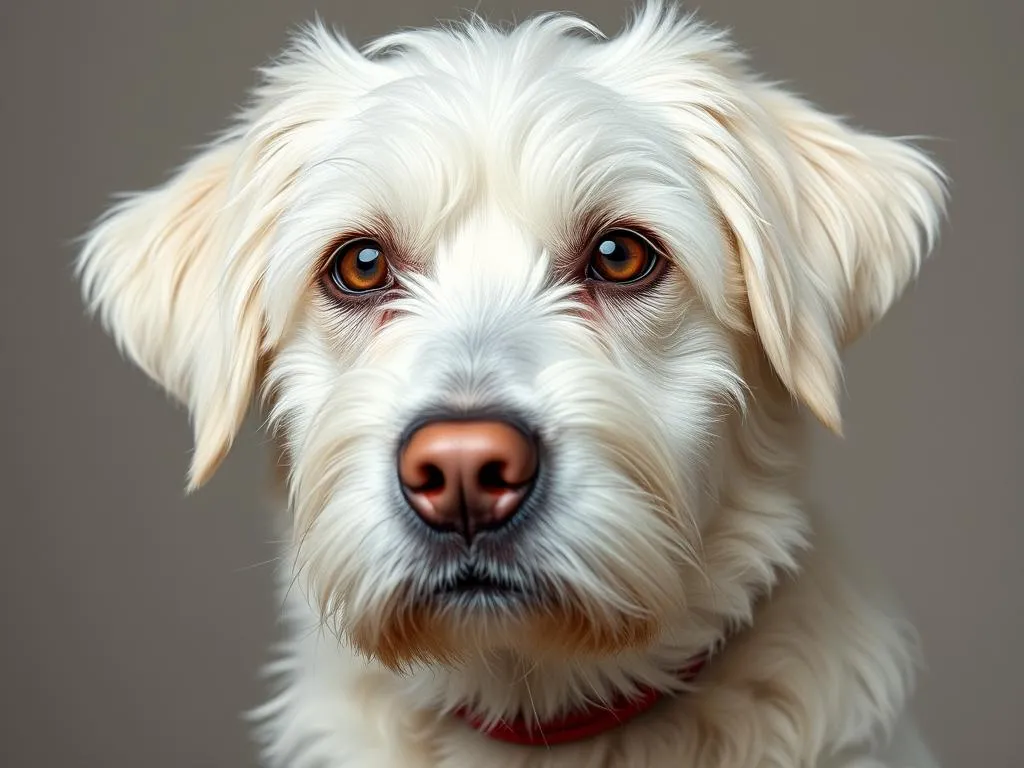
Introduction
Dog breeds refer to specific groups of domestic dogs that have unique characteristics, behaviors, and appearances. Each breed is bred for particular traits, which can influence everything from their temperament to their suitability as pets. Understanding the various dog breeds is crucial for anyone considering adding a furry friend to their family, as it helps in selecting a dog that fits their lifestyle and environment.
White dog breeds are a captivating subset of the canine world. These breeds are characterized by their striking white coats, which can vary in texture and length. The significance of white dog breeds goes beyond aesthetics; they often embody traits that make them appealing companions. The popularity of these breeds spans cultures and continents, drawing dog lovers with their beauty and charm.
In this article, you can expect to gain insights into the unique characteristics of white dog breeds, explore popular breeds in various size categories, learn how to choose the right breed for your lifestyle, and understand the care, maintenance, and training needs of these lovely companions.
Characteristics of White Dog Breeds
Physical Traits
White dog breeds showcase a variety of physical traits that contribute to their distinct appearances. Common characteristics include:
- Coat Type: Many white breeds have either long, flowing fur or short, dense coats. Breeds like the Samoyed have thick, fluffy coats, while the Maltese features a silky, long coat.
- Size: These breeds come in various sizes, from the tiny Bichon Frise to the large Great Pyrenees.
- Build: White dog breeds can have different builds, ranging from lean and athletic to stocky and robust.
Temperament and Behavior
The temperament of white dog breeds can vary widely, but many share common behavioral traits. Generally, they are known to be friendly, intelligent, and affectionate. For example:
- Bichon Frise: Known for their cheerful demeanor and sociability.
- Samoyed: Often described as friendly and gentle, making them great family pets.
When comparing these breeds to non-white breeds, it’s essential to note that behavioral traits are more influenced by individual breed characteristics than coat color alone.
Health Considerations
Like all dog breeds, white dog breeds have specific health considerations. Certain health issues, such as skin problems and hearing loss, may be more prevalent in breeds with white coats. Regular veterinary care is crucial to monitor any potential health concerns.
It’s important to stay informed about the breed-specific health issues and provide preventive care to ensure a long, healthy life for your white-coated companion.
Popular White Dog Breeds
Small White Dog Breeds
Bichon Frise
The Bichon Frise is a small breed that originated in the Mediterranean region. Recognized for their bubbly personality, they are playful and excellent companions. Their fluffy white coat requires regular grooming to prevent matting.
Maltese
The Maltese is a toy breed known for its elegant appearance and charming personality. This breed has a long, flowing white coat and is often considered hypoallergenic, making them a great choice for allergy sufferers. They are affectionate and thrive on companionship.
West Highland White Terrier (Westie)
The Westie is a small, sturdy breed with a distinctive white coat. Originating from Scotland, they are known for their friendly disposition and lively nature. They require regular grooming to maintain their coat’s health.
Medium White Dog Breeds
American Eskimo Dog
The American Eskimo Dog comes in three sizes (toy, miniature, and standard) and is known for its fluffy white coat and intelligent demeanor. They are highly trainable and make excellent family pets.
Cocker Spaniel
The American Cocker Spaniel, while not exclusively white, often features striking white markings. They are known for their affectionate nature and are great with children. Regular grooming is essential to maintain their beautiful coat.
Shiba Inu
The Shiba Inu is a medium-sized breed that can have a white coat, often combined with red or sesame markings. They are known for their spirited personality and independent nature, making training essential from a young age.
Large White Dog Breeds
Samoyed
The Samoyed is a large, fluffy breed originally bred for herding and pulling sleds in cold climates. Their friendly and gentle temperament makes them excellent family dogs. Grooming is a significant commitment due to their thick double coat.
Great Pyrenees
The Great Pyrenees is known for its majestic appearance and gentle nature. Originally bred to guard sheep, they are protective yet friendly with families. Their long, white coat requires regular grooming to prevent tangles.
Mastiff
While not entirely white, the English Mastiff can have white markings. This breed is large and imposing yet known for its gentle and affectionate nature. They require consistent training and socialization.
Choosing the Right White Dog Breed
Lifestyle Considerations
When choosing a white dog breed, it’s essential to match the breed’s characteristics with your lifestyle. For instance, active families may prefer breeds like the Samoyed or American Eskimo Dog, which require regular exercise. In contrast, individuals with a more sedentary lifestyle might find a Maltese or Bichon Frise to be a better fit.
Space Requirements
The size of your home and outdoor space also plays a crucial role in selecting the right breed. Large breeds like the Great Pyrenees need plenty of room to roam, while smaller breeds can thrive in apartments as long as they receive adequate exercise.
Allergies and Grooming Needs
For individuals with allergies, breeds like the Maltese or Bichon Frise are often recommended due to their hypoallergenic qualities. However, all white dog breeds require grooming to maintain their coats, so consider the time you can dedicate to grooming when selecting a breed.
Care and Maintenance of White Dog Breeds
Diet and Nutrition
A balanced diet is vital for the health of white dog breeds. It’s essential to choose high-quality dog food that meets their nutritional needs. Many breeds benefit from diets rich in protein and omega fatty acids, which can promote a healthy coat and skin.
Exercise Requirements
Different white dog breeds have varying exercise needs. For instance, the Samoyed requires extensive daily exercise due to its active nature, while the Bichon Frise enjoys short walks and playtime indoors. Understanding each breed’s exercise requirements is crucial for their overall well-being.
Grooming and Hygiene
Regular grooming is essential for maintaining the beautiful white coats of these breeds. Brush your dog at least once a week, and more often for breeds with longer fur. Bathing should be done as needed, but over-bathing can strip natural oils, leading to skin issues.
Training White Dog Breeds
Basic Training Tips
Training is critical for all dog breeds, but particularly for white dog breeds that may have a stubborn streak. Early socialization and obedience training are crucial to ensure they grow into well-behaved companions. Positive reinforcement methods work best with these breeds.
Breed-Specific Training Needs
Different breeds may require tailored training approaches. For example, the independent nature of the Shiba Inu may necessitate a firmer training style compared to the more eager-to-please Bichon Frise. Understanding each breed’s personality helps in developing effective training strategies.
Common Behavioral Issues
Like all dogs, white dog breeds can exhibit behavioral issues such as separation anxiety or excessive barking. Addressing these problems early through training and socialization is vital to prevent them from becoming ingrained habits.
Conclusion
Owning a white dog breed can be a rewarding experience filled with joy and companionship. These breeds have unique characteristics and requirements that make them suitable for various lifestyles. By considering factors such as temperament, exercise needs, grooming, and training, potential owners can find the perfect furry friend for their home.
As you explore the world of white dog breeds, remember that each dog has its distinct personality and charm. Researching and understanding the needs of different breeds can lead you to the perfect canine companion. Whether you choose a small, medium, or large breed, the joy of having a white-coated dog by your side can be an enriching experience.
Embrace the journey of finding your perfect match, and enjoy the love and happiness that a white dog breed can bring to your life.









